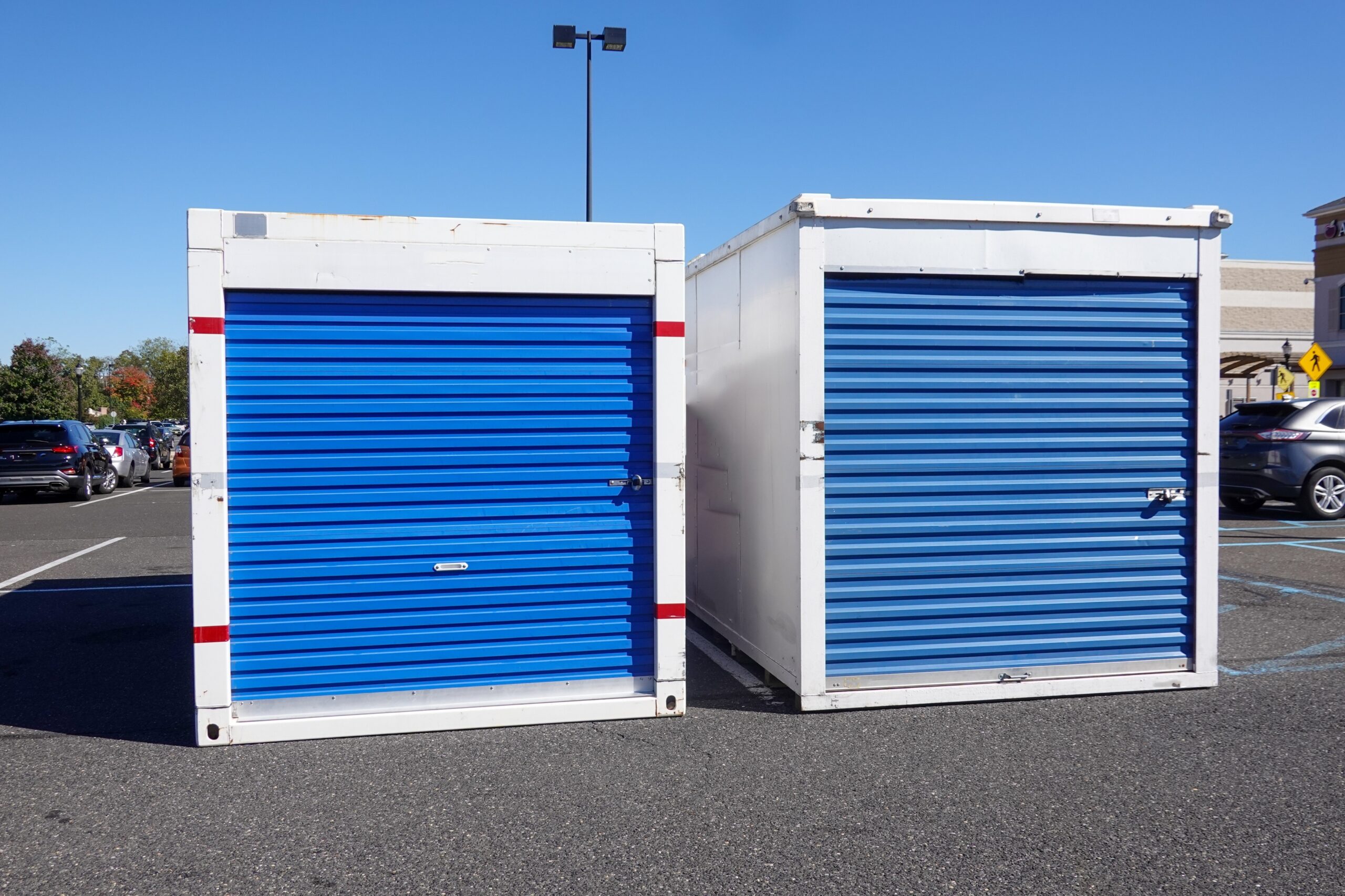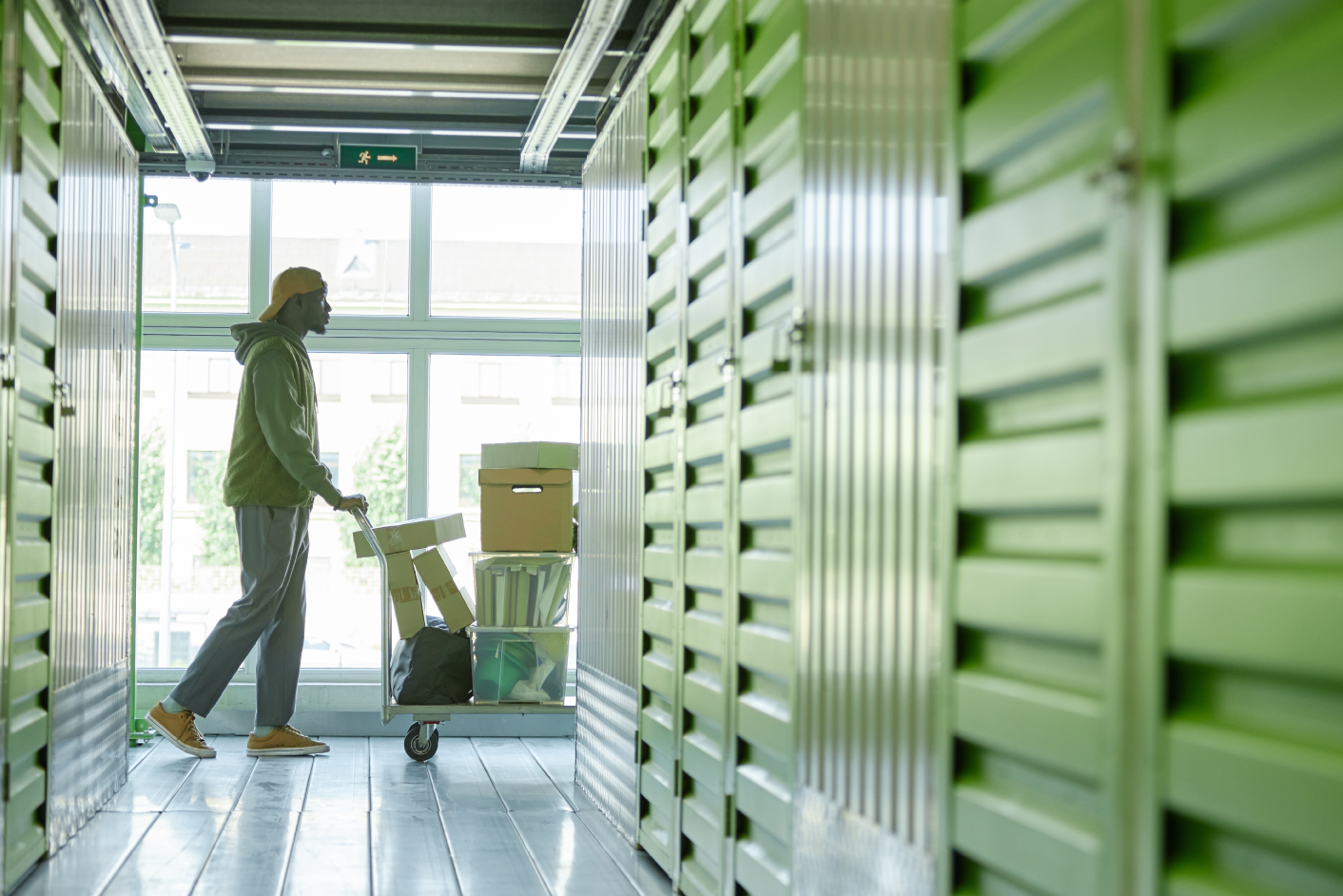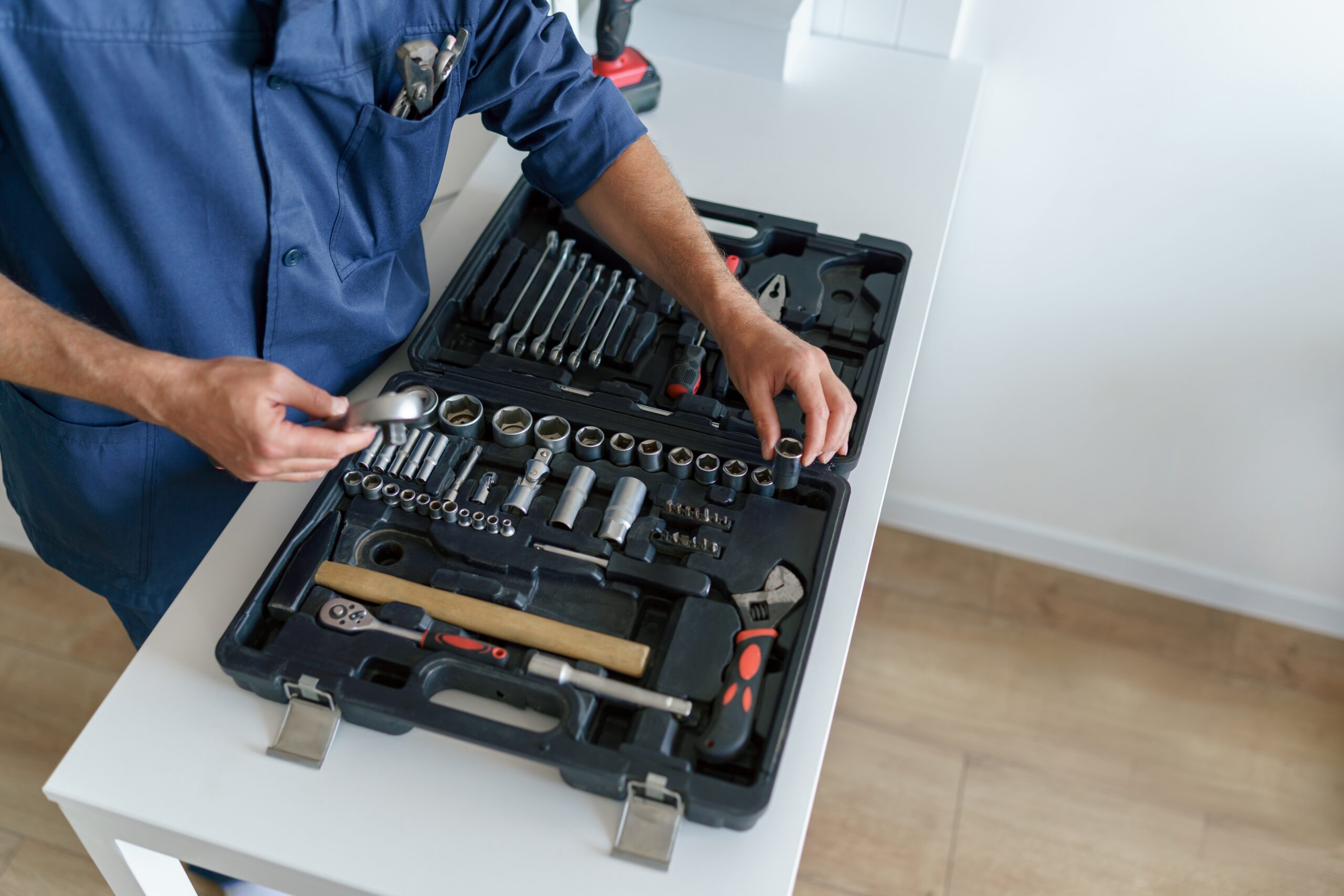Safety and security are two of the most important deciding factors when it comes to choosing a storage facility. Because you may be leaving your personal property in a place for months at a time without setting eyes on it, you want to feel good about having it protected.
While choosing a storage facility that has gated access, security guards, and audio-visual surveillance is a good way to start, you can take things one step further by insuring your property against theft, property damage, and natural disasters. Your existing renters’ insurance may already provide some coverage, but it’s important to verify the extent of protection for stored items.
Why Insure Storage Units?
Not everyone opts to insure their personal effects at a storage facility. Depending on the monetary value of your items and how long you intend to keep them there, it might not be cost-effective to take out an insurance policy. However, there are certain situations in which it makes sense.
- High Value of Goods: If you are storing jewelry, electronics or family heirlooms, it is a good idea to look into additional personal property insurance.
- Your Personal Policy Does Not Extend to Storage: Many types of homeowners’ insurance and renters’ insurance policies fail to cover items once they leave your property. Check with your renters’ insurance or homeowners’ policy to determine how far your coverage extends. Some policies include off-premises coverage that may protect items in storage units, though limits often apply.
- You Will be Out of Country/State: If you are storing items to take a long trip or to move temporarily, and you or a trusted friend will not be around to personally check in, you may want the extra layer of protection self storage insurance provides.
- The Storage Facility Requires It: Policies offered through the storage facility typically cover a smaller amount of personal property (around $2,500 to $5,000). Although you can certainly find storage options without this type of policy, it can be beneficial to choose one that takes security this seriously.
- Weather Conditions are Questionable: If you live in an area with high humidity or heat and your storage unit is not climate-controlled, there is a greater likelihood of water damage and other weather-related damage. Just make sure the storage policy you choose covers climate damage before you sign on the dotted line.
What Kind of Insurance Should I Get for My Storage Unit?
To further complicate matters, there is not just one type of storage unit insurance. Different policies have different prices and may come with fine print regulations. While liability insurance protects the facility from claims, it doesn’t cover your stored belongings—you need contents coverage for that.
- Storage Facility Insurance: Policies offered through the storage facility typically have coverage limits of around $2,500 to $5,000, and cost more than private insurance. Some storage facilities may push the insurance on you and tack the additional costs onto your overall monthly bill. Note that facility liability insurance only covers the business itself, not your personal property. Self-storage rental insurance policies offered through the facility also typically have coverage limits.
- Private Insurance: If you currently have renters insurance, homeowners, or auto insurance, contact your insurance company to see if you can add storage insurance to it. Because you already have a relationship with the provider, these policies can be cheaper and easier to maintain. Many renters’ insurance policies offer off-premises coverage that can extend to storage units.
- Independent Self Storage Insurance: Because of the rising demand for storage unit insurance, independent licensed providers may offer policies specifically to storage users. These policies tend to offer greater coverage amounts (upwards of $20,000), but will also have a higher insurance premium and deductibles.
Keeping your personal property safe is one of the primary reasons for getting a storage unit in the first place. If you feel you might become uneasy with leaving your items so far out of your reach, an insurance policy could be the answer you seek.






